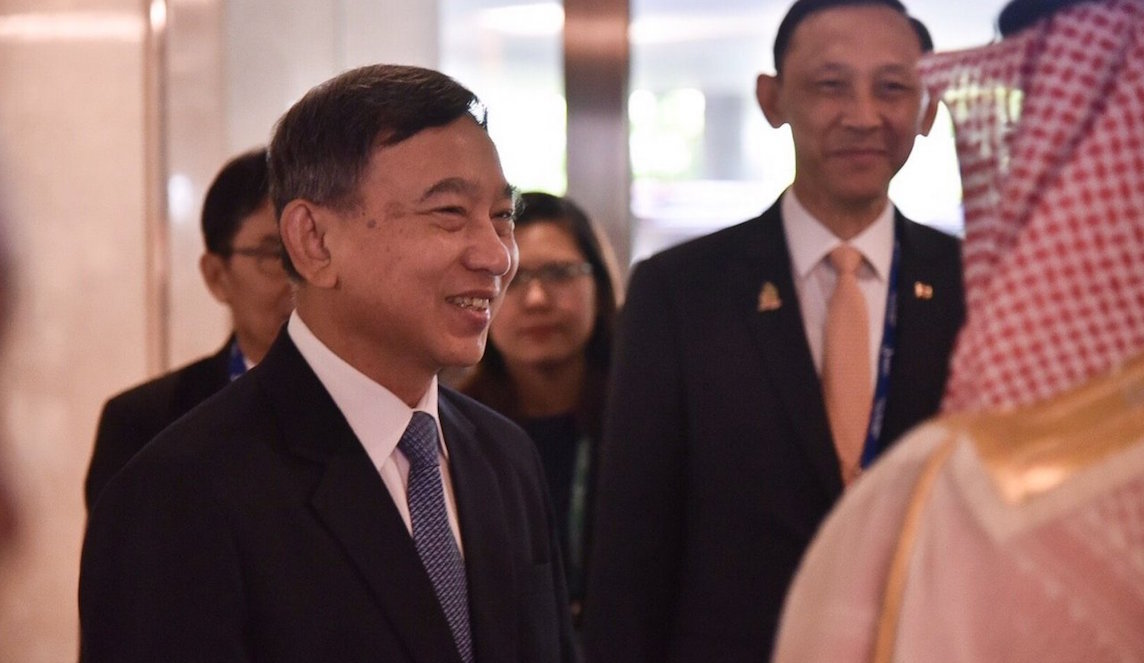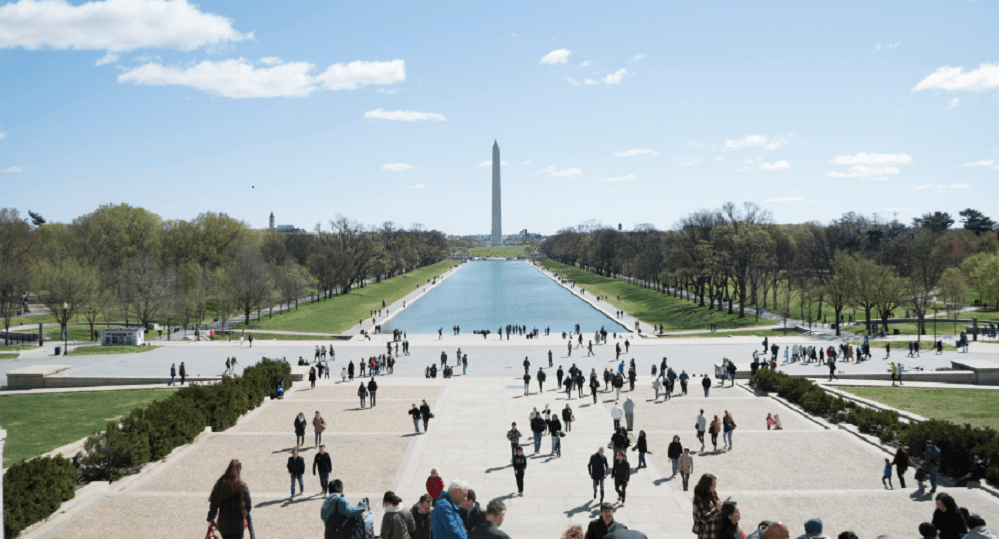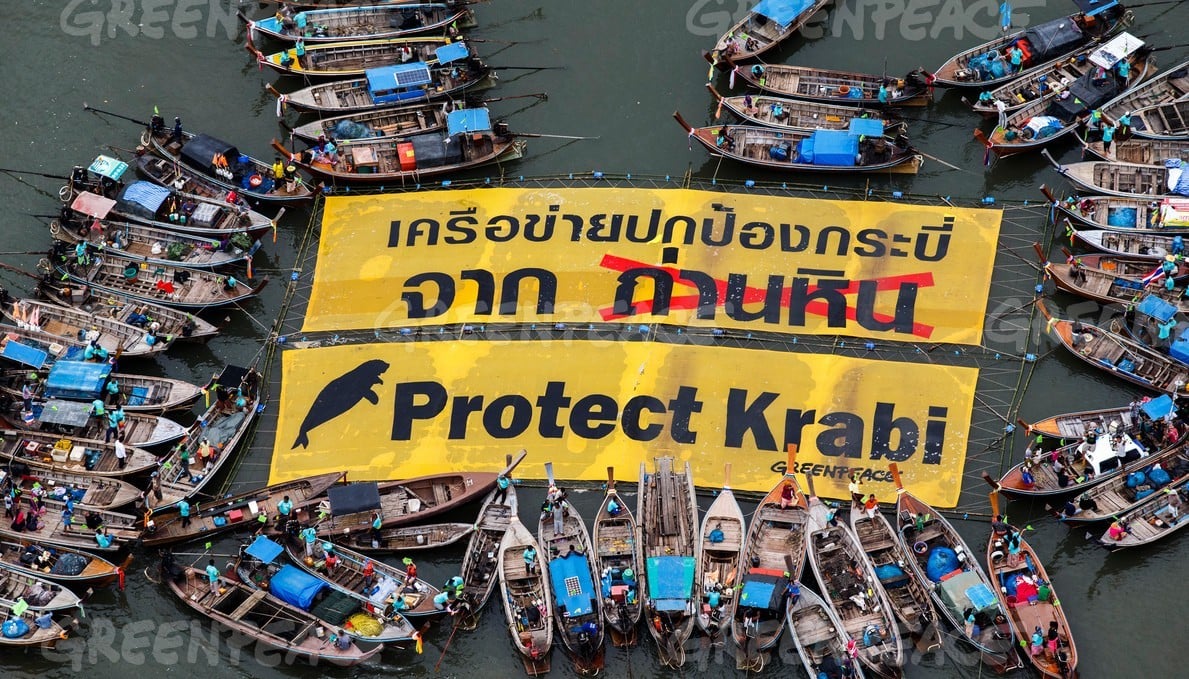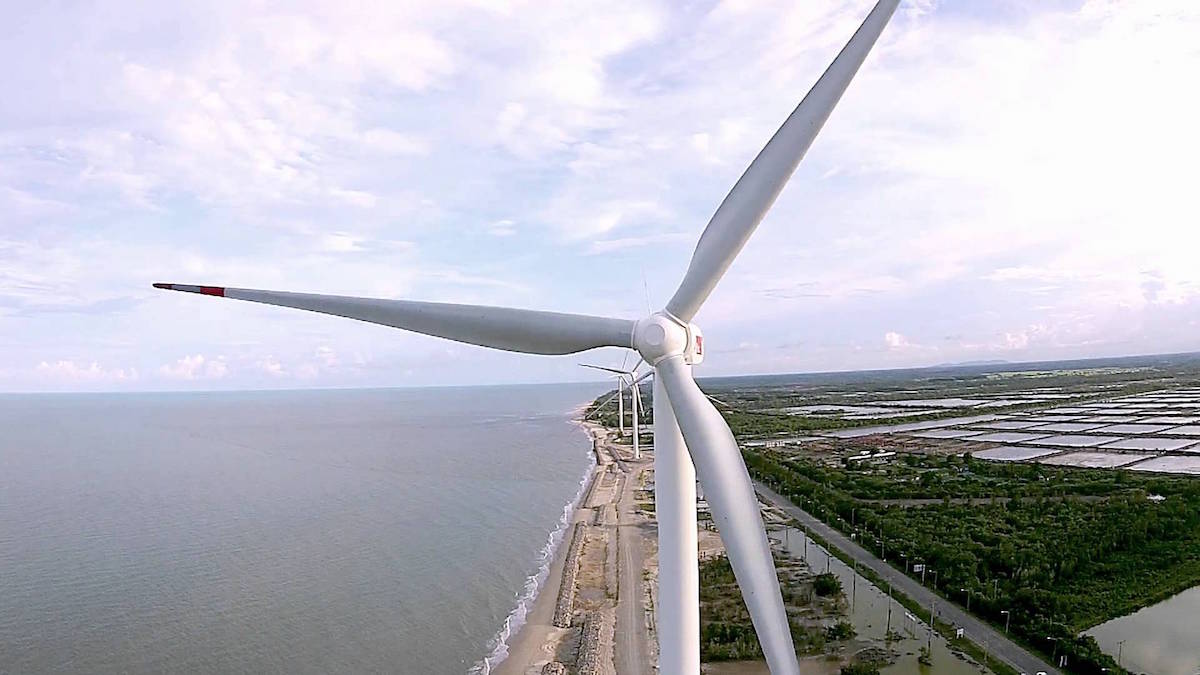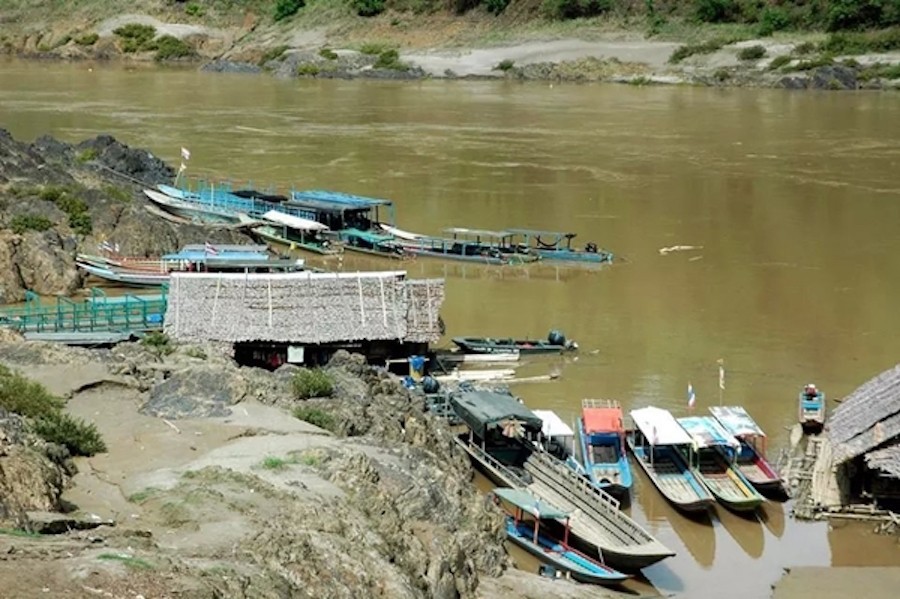Open and free participation is prioritised to deal with disruption in the next two decades
Tag: energy policy
Thailand’s new policies to drive energy transition
Thailand and other Asian countries needs urgently to prepare for the new challenges shaped by energy transition
The 2016 US Presidential Election and the Implications for Climate Change
This briefing note surveys early hints and speculations regarding the Trump Administration’s possible climate policies and personnel appointments, and discusses them in the context of the surrounding domestic political context and institutional decision-making processes.
Decisions due on coal, gas, petroleum auctions
After a year of changes in the global and domestic energy market, Thailand can expect further challenges in the years ahead.
Of these, the most crucial issues are the development of two coal-fired power plants in the South, the retirement of the Erawan and Bongkot gas blocks and the long-delayed 21st round of new concessions for 29 petroleum blocks.
Renewable energy gains offer us a cleaner future
China has made a number of significant steps towards building a future of more sustainable energy.
President Xi Jinping has made good on his commitment to increase the supply of renewable energy at the climate change conference in Paris last year, a time when the toxic smog choking streets in Beijing and Shanghai was making global headlines. I wrote about this at the time in my column “China’s energy paradox”.
Govt sidesteps controversial Thanlwin in hydropower push
U Htay Aung, deputy permanent secretary of the Ministry of Electric Power and Energy, told The Myanmar Times last week that the projects – the Shweli (3), Upper Yeywa and Upper Kyaing Taung dams – are seen by the ministry as a means of meeting energy-deprived Myanmar’s electricity needs, while noting that the earliest expected completion dates were 2020.
Along with a fourth dam under construction in Rakhine State and a fifth in Nay Pyi Taw’s Pyinmana township, the projects’ electricity generation will total more than 1500 megawatts, he said, nearly half of Myanmar’s current installed capacity nationwide.
Energy evolution
Growing awareness of the impact of air pollution and global warming have been driving more investments in energy from renewable sources and moving green energy to the top of many government policy agendas.
In Southeast Asia, finding the right energy mix is a major challenge as countries strive to ensure that economic growth and environmental protection are compatible.
“The challenge faced by developing countries is balancing the cost of electricity and conservation of the environment,” Dr Maximus Johnity Ongkili, Minister of Energy, Green Technology and Water of Malaysia, said at Sustainable Energy & Technology Asia (SETA) 2016 held in Bangkok late last month.


